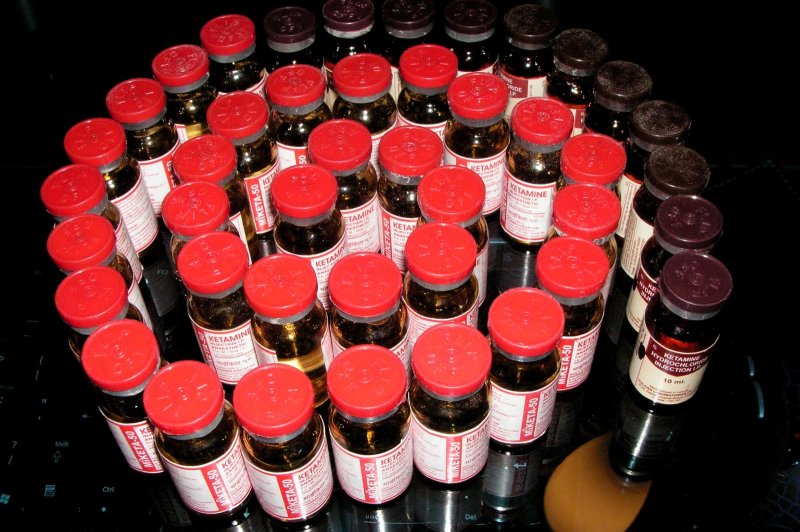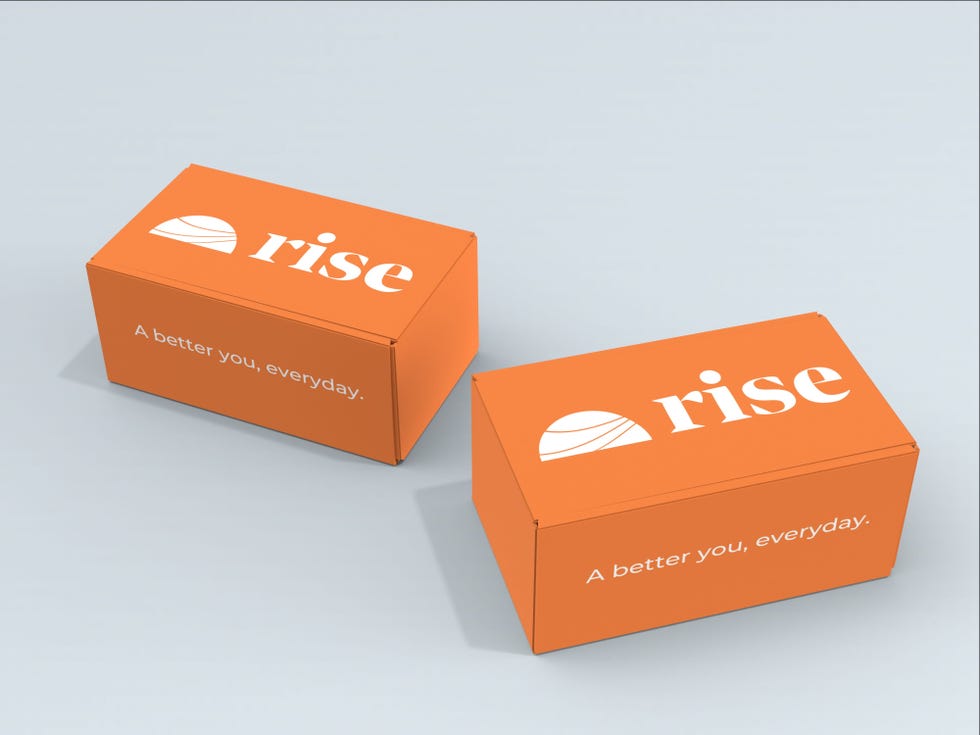1 of 2 | Hundreds of hospitals may be using false and misleading information in online advertising to sell illegal ketamine — an injectable, long-acting pain reliever — for the treatment of psychiatric disorders and pain, a new study published Tuesday in JAMA Network Open shows. Photo by Psychonaught/Wikimedia Commons
NEW YORK, Nov. 7 (UPI) — Hundreds of medical facilities may be using false and misleading claims in online advertising to sell illegal ketamine — an injectable, low-dose drug — for the treatment of mental illness and pain, a new study published Tuesday in JAMA Network Open shows. .
The researchers – at the University of Colorado Anschutz Medical Campus in Aurora and the Johns Hopkins University in Baltimore – found evidence of false positives on the websites of the hospitals, which they say misrepresented the approval of the Food and Drug Administration.
“One advertiser falsely claimed that ketamine was approved to treat depression, and three falsely claimed that ketamine was not addictive,” said Michael DiStefano, co-author of the study and an assistant professor at the Skaggs School of Pharmacy and Pharmaceutical Sciences at Anschutz Medical. Campus, he told UPI in a phone interview.
DiStefano added that “the use of ketamine in the treatment of various psychiatric and pain disorders appears to be growing, and we wanted to understand how this service is being advertised to patients and consumers.”
Ketamine “has hallucinogenic effects. It disrupts the perception of sight and sound and makes the user feel disconnected and out of control,” and “makes patients less sensitive to their pain and environment,” according to the Drug Enforcement Administration.
Off-label treatments advertised by these clinics are expensive and patients often pay out of pocket, while evidence of off-label use is often weak, the researchers said. Being transparent and accurate in explaining the potential risks and benefits of the drug is important, he said.
Not recommended for mental health
The FDA has not approved ketamine for any psychiatric disorders, but it is sometimes used off-label for such conditions. Oral medications are illegal drugs that are often followed to kick the hallucinogenic habit at home.
Researchers identified online ketamine advertisers from one Maryland clinic and website using six ketamine drug databases.
They found 17 advertisers operating in 26 locations in Maryland who promoted infusion or ketamine treatment for a variety of conditions including depression, anxiety, anxiety and chronic pain.
The ad exposed many false claims about support and security.
Although the study focused on hospitals in Maryland, DiStefano said the research team that created the six guidelines for ketamine treatment showed that about 800 such clinics exist across the country. Several companies send customers oral ketamine through the mail.
DiStefano added that the researchers hope to conduct a national survey and further analysis in the near future.
“It’s not surprising that there are false claims floating around” such as online advertisements, Dr. Michael Barnett, associate professor of public health and management at the Harvard TH Chan School of Public Health in Boston, told UPI in a telephone interview.
Great demand
The reasons for the reported and illegal use of ketamine stem from a number of factors, including the high demand for mental health services and inadequate medical care, Barnett said.
“There is a huge market opportunity for hospitals that advertise quickly,” Barnett said. “Because ketamine is being used off-label and it’s not in the popular mind right now, it’s a place where you can have beach hospitals.”
Joseph Palamar, an associate professor of health care at NYU Langone Health in New York City, told UPI via email that many doctors meet with potential patients on Zoom and give them ketamine to take home.
Palamar published an analysis in JAMA Psychiatry in May, noting that legal seizures of ketamine are on the rise.
“This suggests that the availability of illegal ketamine has increased,” he said. “We want to do more research to find out if all the medical benefits of ketamine encourage recreational use.”
Dr. Smita Das, an associate professor of medicine and a drug addict at Stanford Medicine in Palo Alto, Calif., told UPI in a telephone interview that “surprising” hospitals have been marketing ketamine for various purposes without FDA approval or national guidelines.
Not a good thing
“This is very concerning, and ketamine is not a good thing,” Das said. “Both from a medical and psychiatric point of view, it’s important to treat it with proper care.”
Because of misinformation, people with depression or other mental health conditions “may be left out of the real support we have,” he said. “I’m hoping for new treatments that can help with mental health, but I want them to be part of evidence-based guidelines.”
Das added that “club drugs” can often cause nausea, drowsiness, hallucinations and high blood pressure. Sometimes, it can lead to depression and suicidal thoughts.
Other complications include pain in the voice, confusion and confusion, as well as negative effects on the bladder and kidneys, Dr. Chris Holstege, director of the University of Virginia Health’s Blue Ridge Poison Center in Charlottesville, told UPI in a telephone interview.
“Patients with mental illness are a vulnerable population, and we need as a society to make sure they are receiving the right treatment,” Holstege said.
Dr. Gerard Sanacora, professor of psychiatry and director of the Yale Depression Research Program at Yale School of Medicine in New Haven, Conn., told UPI in a telephone interview that there is an FDA-approved ketamine — esketamine, which is sold as a nasal spray under the the name Spravato and is used for two severe types of major depression.
Spravato comes with specific instructions for safety monitoring, including a two-hour consultation with the patient’s doctor after taking the drug. Hospitals that sell generic ketamine, Sanacora said, “don’t always follow the safety regulations that the FDA has put in place.”
#Ketamine #sold #online #false #misleading #claims #study #shows #UPI.com
Image Source : www.upi.com





